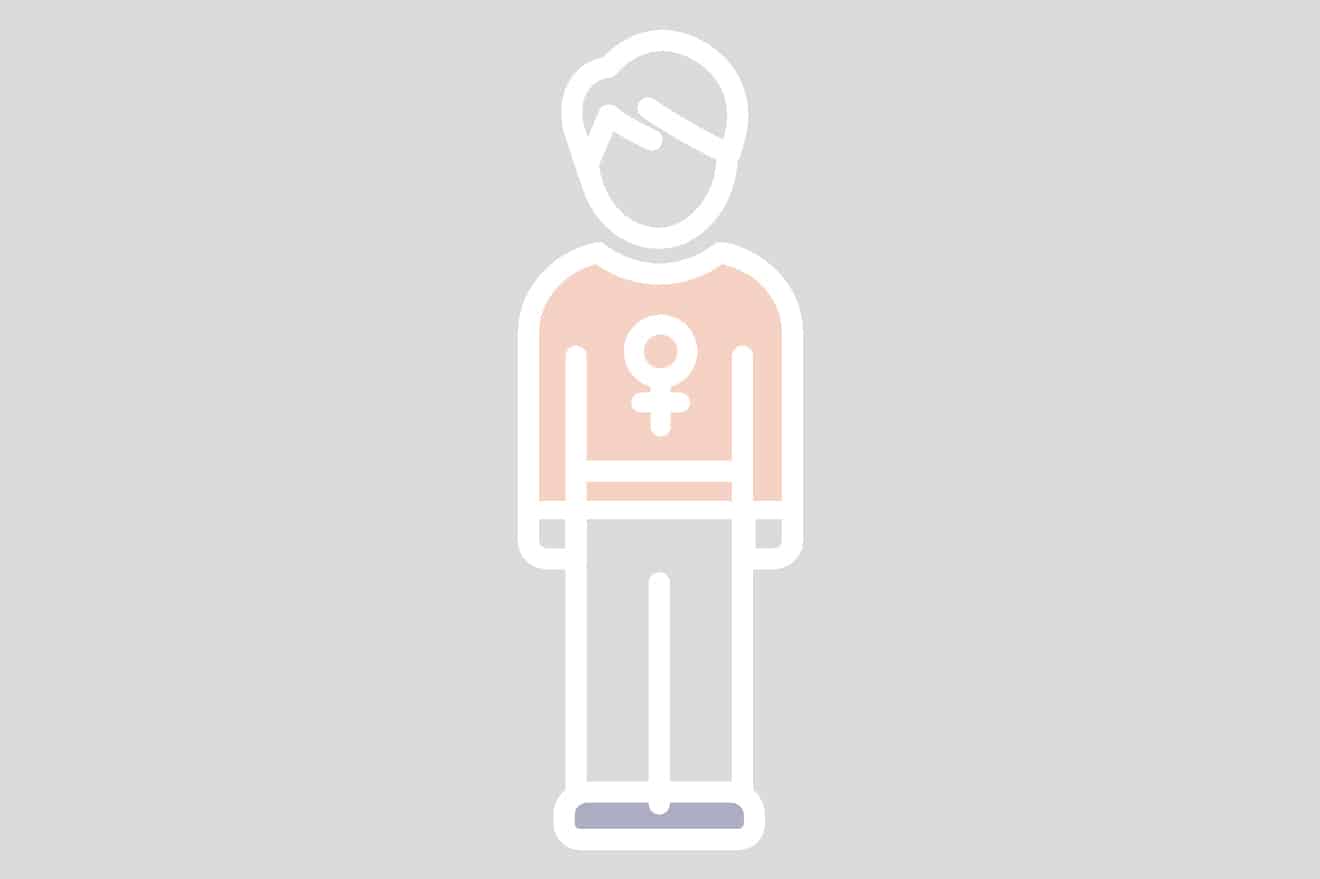18 November 2020
Legal parentage is a critical part of the creation, stability and protection of modern families and those formed through assisted conception. However, all too often parents, children and families experience problems, disputes, uncertainty and anxiety about legal parentage in the UK and around the world.
Transgender man’s legal battle on legal parenthood in the Supreme Court
Earlier this week (16 November 2020) the Supreme Court refused permission to hear a transgender man’s case to be recognised as the legal father of the child to whom he gave birth.
This followed a Court of Appeal ruling in April 2020 that Freddy McConnell, a transgender man who gave birth to his child in 2018, could not be legally recognised as the father of the child to whom he gave birth because existing law stipulates that the birth parent is always to be regarded as the mother of the child.
This case is significant because of its in-depth consideration of legal issues, arguments and findings about legal parentage, motherhood and transgender rights. It also highlights some of the inherent tensions between the legal status and rights of parents and their children following assisted conception. Mr McConnell had lived as a man for several years before he suspended his hormone treatment and became pregnant and gave birth. As such, he was biologically able to get pregnant and give birth but was legally a man when his child was born. The Court of Appeal ruled in favour of the right of a child born to a transgender parent to know the biological reality of his or her birth, rather than the parent’s right to be recognised on the birth certificate in their legal gender. In doing so, it upheld a High Court ruling in September 2019 that motherhood is defined as being pregnant and giving birth regardless of whether the person who does so legally was considered to be a man or a woman.
The Supreme Court’s legal ruling concludes Mr McConnell’s legal case in the UK. In doing so, the judges said that the issue involved complicated “interlinked” legislation and any law reform was a matter for Parliament.
Assisted conception law on parentage in Japan
Articles in the media this week also report that Japan is currently looking at revising its assisted reproduction law. A draft bill has just been submitted by the ruling coalition and opposition parties, which if approved, would for the first time enable those who conceive with donor eggs and sperm to become legal parents. This would help eliminate legal uncertainties about the parentage of donor conceived children in Japan. However, the bill does not clarify the rights of donor conceived individuals to seek disclosure of the identities of their egg or sperm donors and learn more about their biological origins. It also postpones responses to other issues such as the buying and selling of eggs and sperm as well as whether to approve surrogacy.
Japan is not the only country seeking to grapple with the complexities of assisted reproduction law and legal parentage. Many countries are in the same boat and these difficulties are compounded because there is no international harmonisation of law on assisted reproduction and legal parentage. This can leave many children with uncertain or ‘limping legal parentage’ and parents without formal legal recognition of their parenthood when cross-border assisted conception occurs. It can also create legal difficulties, hardship and a great deal of worry for parents, children and families if they relocate or seek to become internationally mobile and find themselves without legal recognition or status in their destination country.
Specialist fertility and family law
This rapidly evolving landscape creates a range of legal and wider issues. Specialist fertility and family law advice can effectively navigate many complex legal issues about legal parentage and the rights and status of parents and children, including:
- Legal parentage disputes with an ex-partner, donor, co-parent, step-parent, surrogate.
- Legal parentage disputes with a UK fertility clinic (e.g. problems and omissions with HFEA consent forms).
- Acquisition of legal parentage following a domestic or international surrogacy arrangement.
- Acquisition of legal parentage following a known donor arrangement.
- Acquisition of legal parentage following a co-parenting arrangement.
- An application to bring or defend a Declaration of Parentage (e.g. following a direct-to-consumer DNA test or to re-register a birth certificate).
- An application to bring or defend a step-parent adoption order.
- An application for an order to recognise a foreign adoption under English common law.
- Posthumous conception and parenthood following death of a loved one and assisted conception.
Need a fertility lawyer or a family lawyer? If you would like to discuss your situation or you require specialist fertility and family law advice and assistance please contact Louisa by email louisa@louisaghevaertassociates.co.uk or by telephone +44 (0)20 7965 8399.




